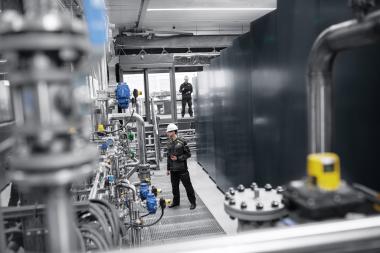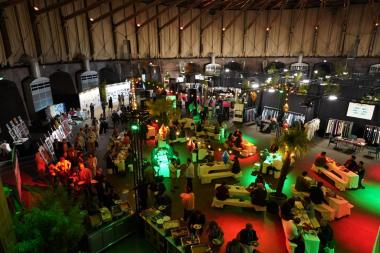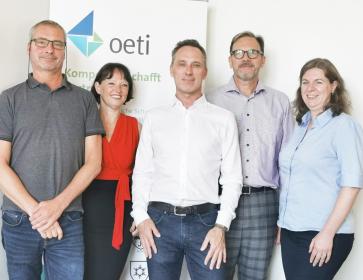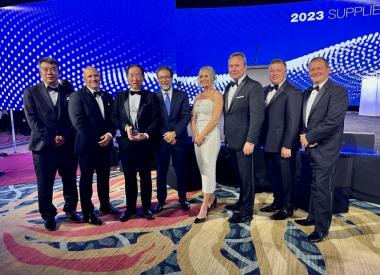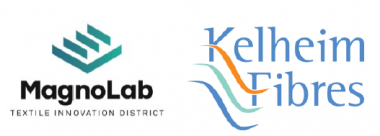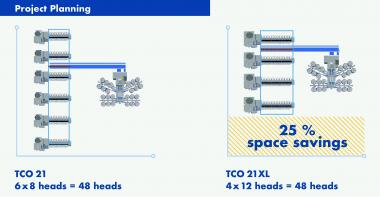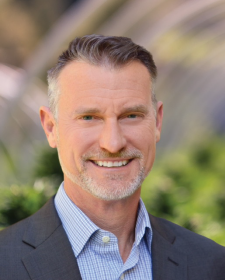AGU’s HeiQ Smart Temp cycling kits at three Grand Tours
Team Jumbo-Visma’s triumphant victories in Europe’s three Grand Tours of cycling, including the recent Vuelta a España, were supported by AGU’s cycling kits that are powered by the HeiQ Smart Temp thermoregulation technology.
HeiQ celebrates its collaboration with AGU, a high-performance sports gear manufacturer. Together, the companies integrated HeiQ Smart Temp technology into the jerseys of Jumbo-Visma, the triumphant team whose outstanding cyclists Jonas Vingegaard, Primoz Roglic, and Sepp Kuss won Europe’s three Grand Tours; the Tour de France, Giro d’Italia, and Vuelta a España.
HeiQ Smart Temp, an innovative thermoregulation solution, dynamically responds to body heat and moisture, providing cyclists with a cooling effect when they need it most. This technology enhances comfort and performance, making it ideal for next-to-skin apparel, sportswear, and activewear.
AGU's product developers harnessed the power of HeiQ Smart Temp to create jerseys with cooling properties. The Jumbo-Visma team's lightest-weight jersey, weighing 25% less than their regular aero shirt, keeps athletes up to 2.5°C cooler than other performance fabrics.
HeiQ Materials AG













